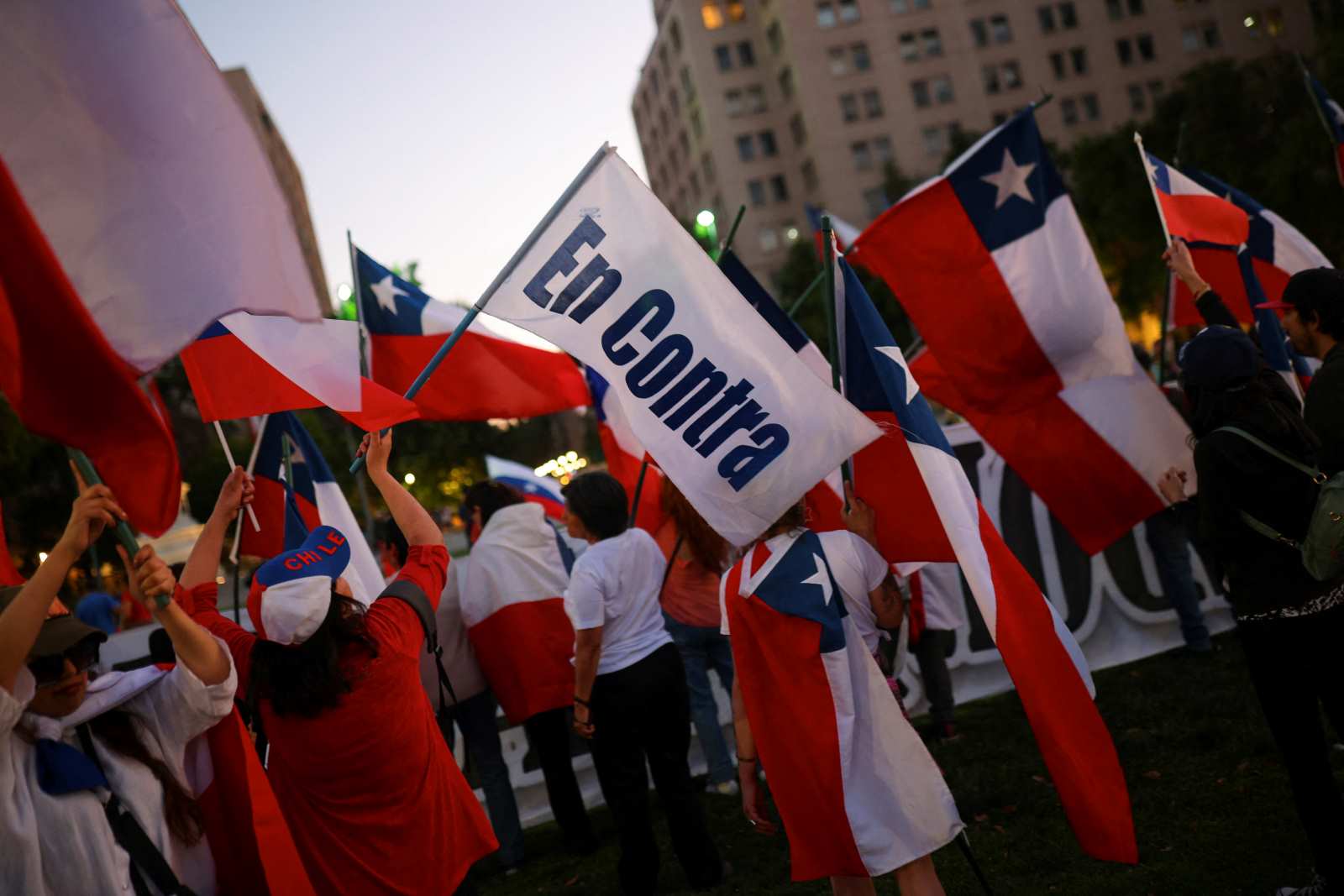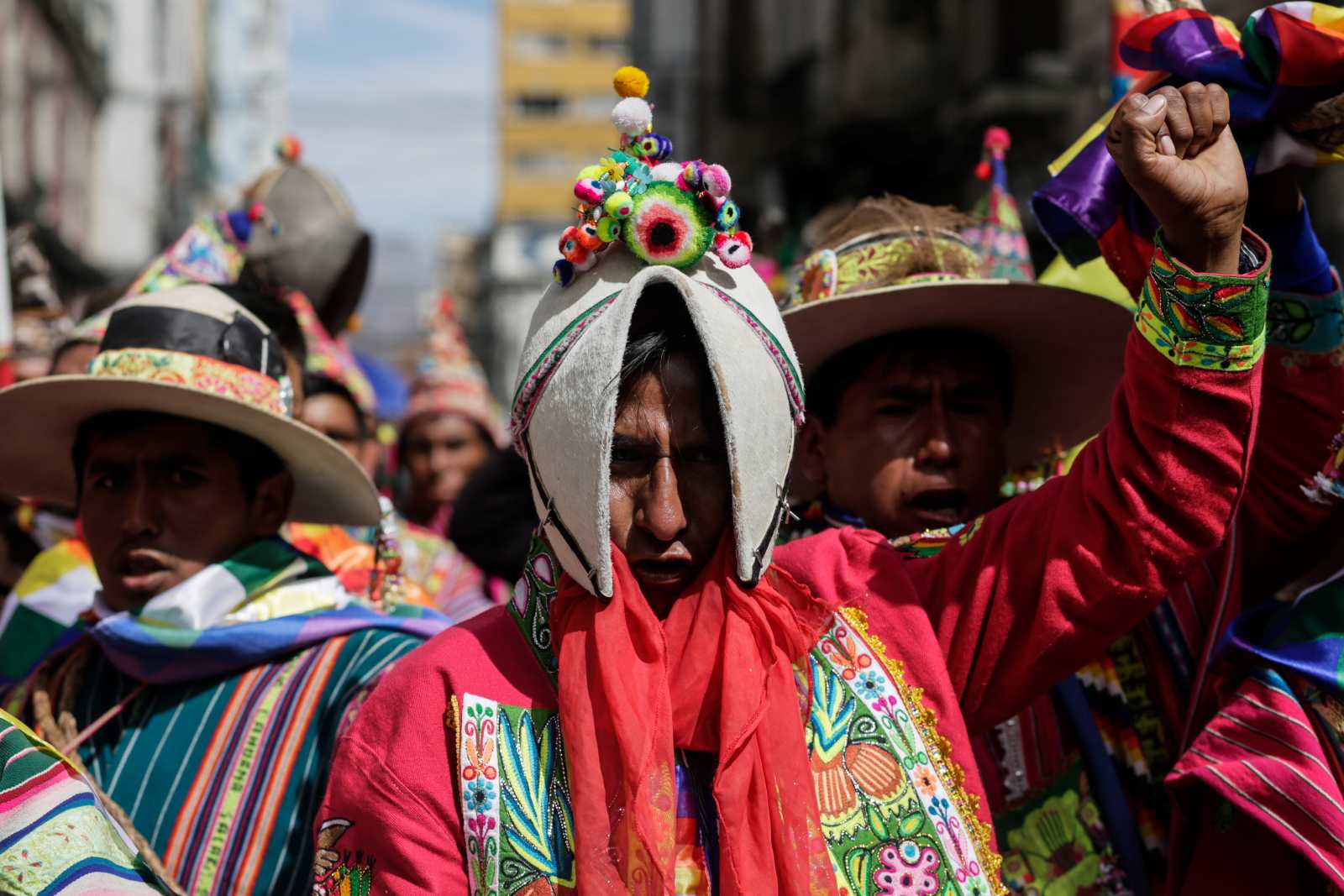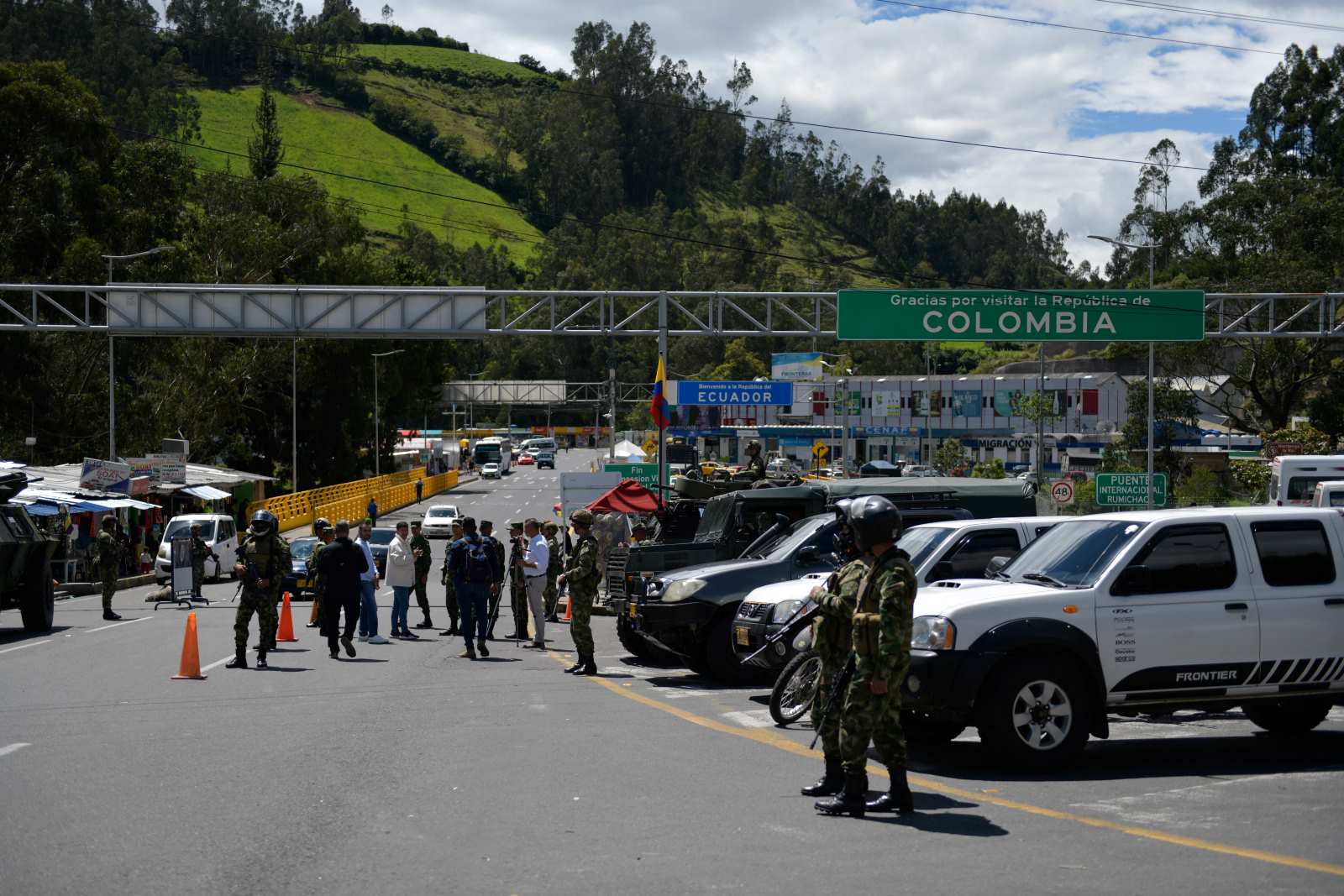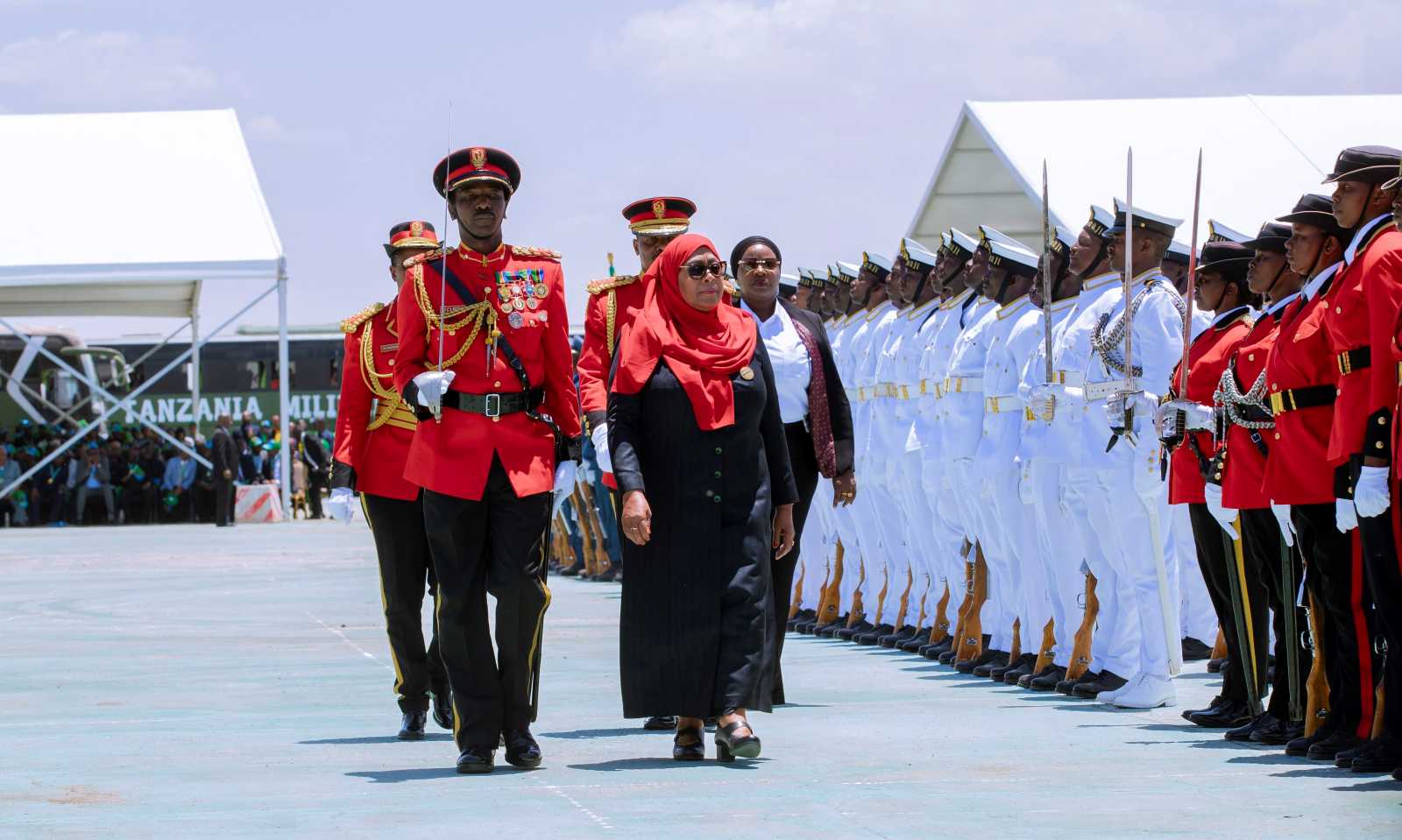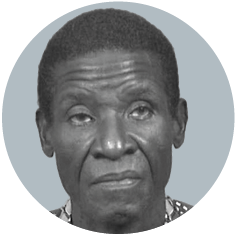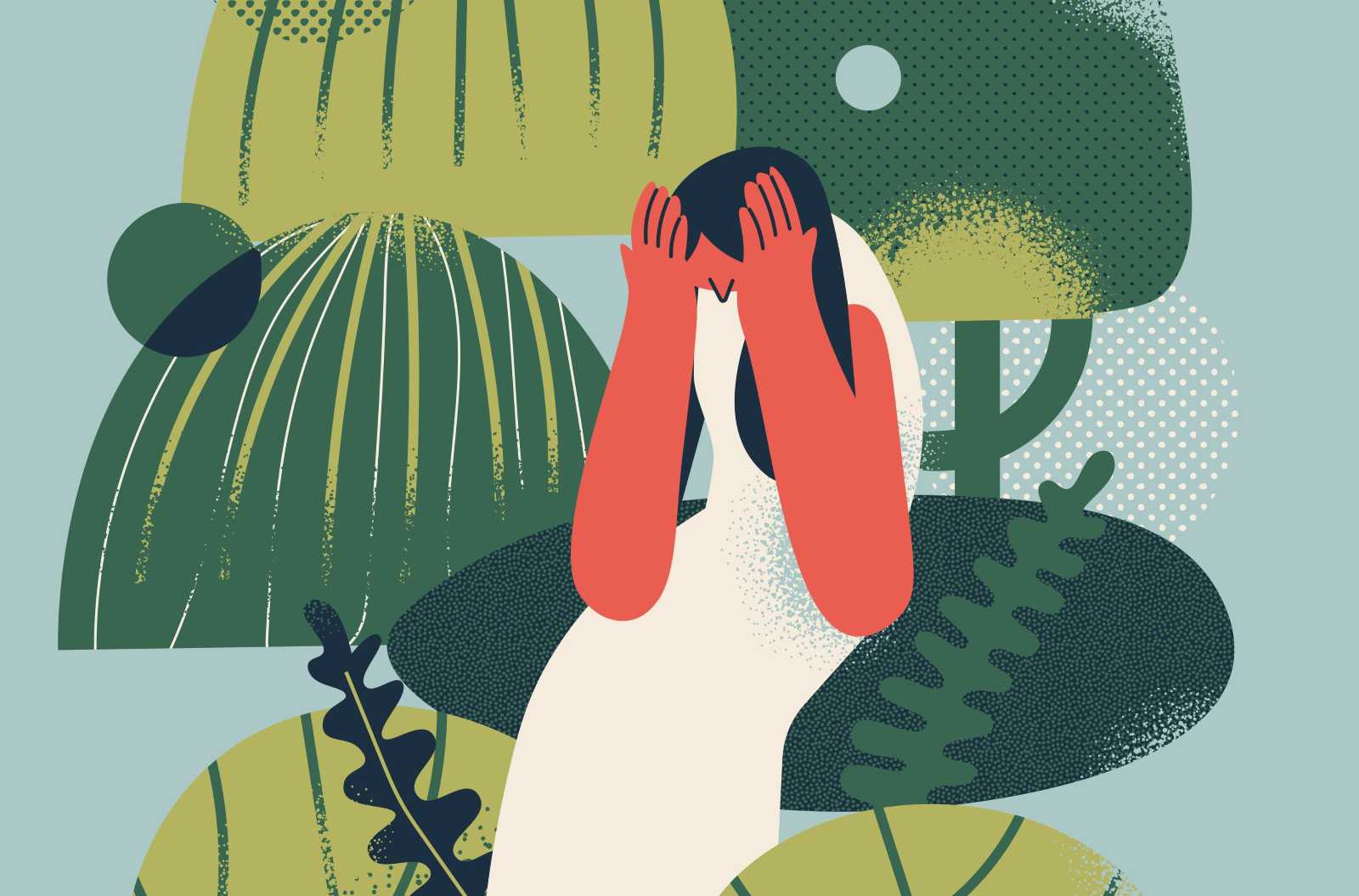Governance
Coups in slow motion
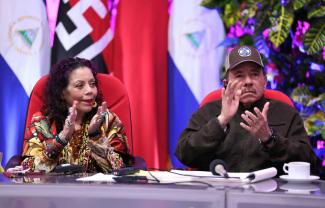
Christopher A. Martínez in an interview with Javier A. Cisterna Figueroa
Your book is about the failure of Latin American presidents. What do you mean when you talk of their failure?
I am referring to presidents who do not manage to complete their term in office – though not for health reasons. I also attempt in my book to shed light on political parties and the important role they play. I show that presidents are more likely to remain in office for the normal term if there are strong parties with a vision for the future. If parties take active part in a country’s political life, they will think twice before ousting a president. On the other hand, if they serve people merely as a vehicle by which to get into parliament, this points to a short-term view that can lead to failure.
Is it not the case that weak parties can also enable presidents to rule unchallenged?
Weak parties cannot provide any political counterbalance to the office of president because they are not sufficiently organised. There are only the parliamentarians, possibly also from the opposition, but only as individuals – yet collective action is needed to topple a president. I conducted a survey of more than 300 social scientists in 12 Latin American countries for my book. In Guatemala for example, where to all intents and purposes no political parties exist, they didn’t mention Congress when asked what served as a counterbalance to the presidential office – they mentioned the country’s largest group of companies instead. They put social movements in second place, followed by the military and the US embassy. Congress was mentioned only in fifth place. This makes it clear that it will be up to other actors to curb the president’s influence if political parties are weak.
Can you give examples for Latin America of strong parties and healthy democracies on the one hand and of weak parties and democracies in crisis on the other?
Uruguay is an obvious example of robust parties and a robust democracy. Parties there succeed in noting the interests of the people and addressing them within the political system. In this context I would also cite Chile and Costa Rica, in that order. Mexico is another country with relatively strong political parties, but it doesn’t have a healthy democracy. Without a doubt, Guatemala and Peru are prime examples of countries with weak parties and democracies in crisis. Parties are just vehicles for election participation there – empty shells containing people who simply want to get into parliament but have neither ideas nor any political identity.
Where is authoritarianism particularly pronounced in Latin America just now?
The most critical cases, if we leave Cuba out of the picture, are definitely Nicaragua, where President Daniel Ortega and his wife and Vice President Rosario Murillo essentially comprise a dictatorial dynasty, and of course Nicolás Maduro’s Venezuela. The most recent addition to the authoritarian scene is Nayib Bukele in El Salvador, who unlike the others I’ve just mentioned is extremely popular.
So, it’s not just that presidents fail if they are deposed, but that presidencies – and the system – also fail if they become authoritarian regimes?
There is a crucial difference between the 20th century and the current one. In the 20th century, the military would stand behind these authoritarian governments and carry out coups. What we are seeing this century are coups taking place in slow motion: they begin with presidents who are voted into office in free elections. Once in power, however, they weaken the democratic institutions and systems that provide counterbalance, such as the free press. The favourite tricks of such presidents include abolishing the constitutional limit set on their term of office. This is something we have witnessed in Nicaragua and El Salvador.
What role does the economy play in all this? During Latin America’s commodity boom there was little talk of any democratic or institutional collapse in countries such as Ecuador, Bolivia or Venezuela.
Various political studies have concluded that content citizens are not all that good for democracy because they become uncritical. In the case of the commodity boom, people profited from the revenues being reaped and took a fairly uncritical view of the state of democracy in their respective countries – even though what was happening in countries such as Ecuador, Bolivia and Venezuela was clearly nothing short of a concentration of power. Democracy was weakened but many people were prepared to turn a blind eye, above all thanks to the good economic conditions that prevailed in the region.
What poses the biggest threat to democracy in Latin America at the moment?
Organised crime, without any doubt. It has shown just how capable it is of exploiting the historic weakness of Latin America and its institutions for its own ends. At the same time, we are seeing the demise of traditional political actors such as parties and trade unions, and we are moving towards a highly fragmented world in which our views of the world are rooted in social media, not in community projects. What we experienced in the 20th century will definitely not happen again.
Book
Martínez, C. A., 2024: Why presidents fail. Stanford University Press.
Christopher A. Martínez teaches political science at Universidad San Sebastián in Concepción, Chile, and serves as the Alternate Director of the Millennium Nucleus on Political Crisis in Latin America (CRISPOL).
Javier A. Cisterna Figueroa is a Chilean journalist based in Concepción.
cisternafigueroa@gmail.com


